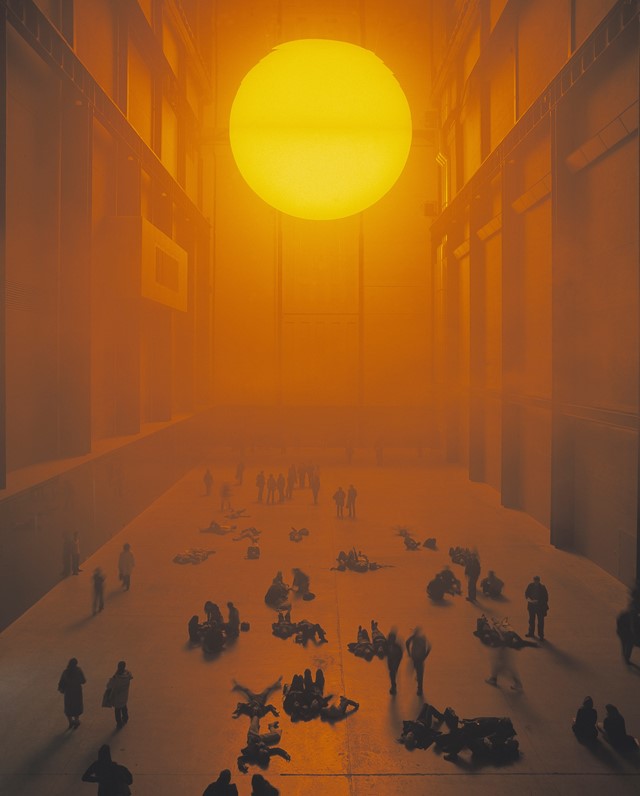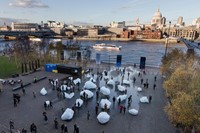As climate change protests have been staged around the UK, Tate’s directors announce measures to make the institution more sustainable
Tate has declared a climate emergency, announcing new sustainability-focused and environmentally friendly initiatives across its four galleries in a statement from its directors. Following climate change protests organised by Extinction Rebellion in central London and across the country this week, the announcement comes at a time when the future of the planet is at the forefront of public discourse.
The opening of Olafur Eliasson’s mammoth retrospective at Tate Modern, In Real Life, sparked a conversation on what the institution can do for climate issues. “We took [Eliasson’s] ethical commitment to addressing environmental issues as a cue to offer a platform for discussion in partnership with artists, campaigners, artistic communities and cultural organisations. Hundreds gathered to debate in the Turbine Hall,” reads a statement from Tate’s directors: Maria Balshaw (Tate), Frances Morris (Tate Modern), Alex Farquharson (Tate Britain), Helen Legg (Tate Liverpool), Anne Barlow (Tate St. Ives). As well as switching to green electricity across its four sites and aiming to reducing its carbon footprint by at least ten per cent by 2023, Tate is committing to sustainably sourced food in its restaurants and prioritising vegetarian and vegan options.
Tate also acknowledges that as a major art institution in the UK, there is scope for improving on these goals in the years to come. “There are, nevertheless, some hard truths to face about how we operate; about the sustainability of public institutions, like our museums, and about the future of culture. Large public buildings, attracting millions of visitors from the UK and overseas, require energy,” the directors say. “We will interrogate our systems, our values and our programmes, and look for ways to become more adaptive and responsible. [As] our audiences and communities across the world confront climate extinction, so we must shine a spotlight on this critical issue through art.”
Olafur Eliasson: In Real Life is at Tate Modern until January 5, 2020.






